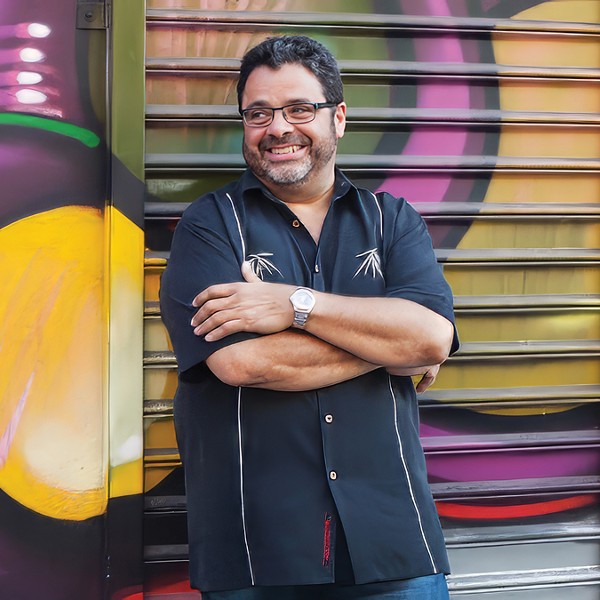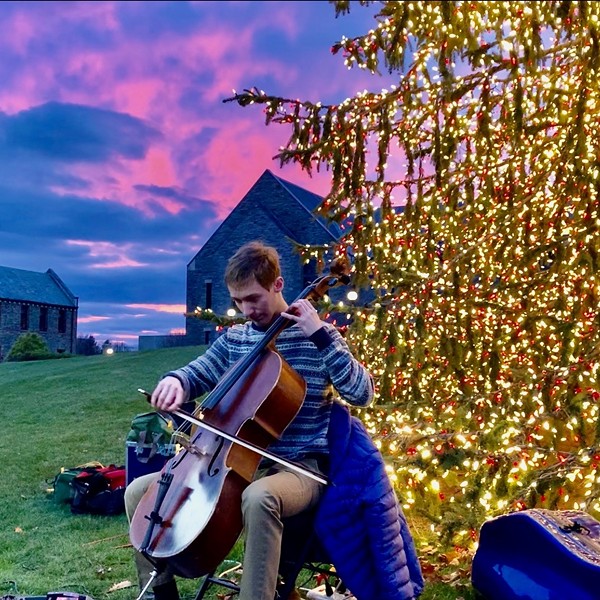The plan was to interview acclaimed composer and keyboardist Carla Bley in New York on the afternoon of November 5, then catch her set as a member of bassist Charlie Haden’s Liberation Music Orchestra at the Blue Note that night. The extra-celebratory bustle of a post-presidential election city would’ve made the perfect backdrop for a discussion of Bley’s equally colorful music. But plans sometimes change. Even for a well-considered musician like Bley, whose talents, she too modestly maintains, lie much more in the laying of plans—specifically, writing and arranging—than in instrumental prowess. So when it was learned that she had bowed out of the four-night residency, owing to business reasons and the looming deadline of another project, the change had been an unexpected one.
Yet change can often be good. It’s the nature of jazz itself. And of course it was change that was the central, landslide-approved message of the still-fresh Obama win, a victory that’s today resonating well beyond the confines of a cramped downtown nightclub, anyway. No need, then, to be in the middle of the Manhattan miasma to get the vibe and Bley’s take on it: The same electrifying feeling permeates not only the secluded, pine-shrouded Willow home the artist shares with her partner of 25 years, the bassist Steve Swallow, but also the hearts and hopes of the couple’s many music-business friends from across the sea.
“We’ve had people we know in England, Austria, all over, calling the house all day, just saying, ‘Wow!’” gushes Bley from beneath her trademark frizzy blond fringe. “It’s been so long since I’ve admired a president, and Obama just seems so real, so natural. Like someone I would even enjoy having dinner with.”
Now, that would be a grand summit, indeed: the impending leader of the free world and one of the leading composers of the postbop world, breaking bread and toasting the future. Yet no matter what the field, for a leader, especially one who’s also a visionary upstart, the road is nothing if not lengthy and winding. Known for her sweeping, dynamic, multi-hued works, which often carry drama and humor in equal measure, Bley is, as the New York Times’s Ben Ratliff writes, “easily one of the best composers we’ve had in the last 40 years of jazz.”
Bley was born Carla Borg in Oakland, California, in 1938. Her mother, who died when Bley was eight, also played the piano, and her father was a church organist. “My first performance was in a church recital when I was four,” she recalls. “I played ‘Three Blind Mice’ on the organ. My folks taught me piano at home, but when I was eight I bit my mom after she criticized my fingering. So that was the end of piano lessons.” Ever the rebel, Bley dropped out of high school at 15. “So then I went to school to learn to be a dishwasher.”
Wait a minute. What?
“Yes! It’s true,” says the revered composer with a laugh. “It was the law in Oakland at the time that if you dropped out of school before you were 16, you had to enroll in this trade school where they taught you a job. I guess the logic was that anyone who dropped out of high school must be really dumb, so let’s just train them to do something that doesn’t take any brains to do. And one of the programs was dishwashing. But by then I’d already decided to become a piano player anyway.”
And thank God for that. Bley took solo gigs at lounges and accompanied singers, as well as a child star with absolute pitch who played the rims of water-filled glasses for audiences at insane asylums. “It was like a sideshow thing,” Bley remembers. “Oakland was still really rural, very hillbilly, back then.”
In 1955, when she was 17, Bley came to New York with no money to her name. At first, she lived on the streets, crashing by night on park benches, in Grand Central Station, and at various apartments with a homeless group. Eventually she took a room in Times Square after she landed a job as a cigarette girl at legendary jazz spot Birdland. “I was also a camera girl for a while,” she says. “[The club’s management] gave me a Polaroid and told me to go around to tables and take pictures of the customers to sell to them. But I’d always end up in front of the stage, listening to the band. People would ask me to take their pictures and I’d tell them to quit bothering me. I had one dress, a cotton frock that I made myself, and that’s what I wore to work and everywhere else.” While at Birdland, Bley witnessed performances by the explosive “new testament” Count Basie big band and most all of the reigning beboppers. There she also met her first husband, pianist Paul Bley, who encouraged her to begin composing.
















